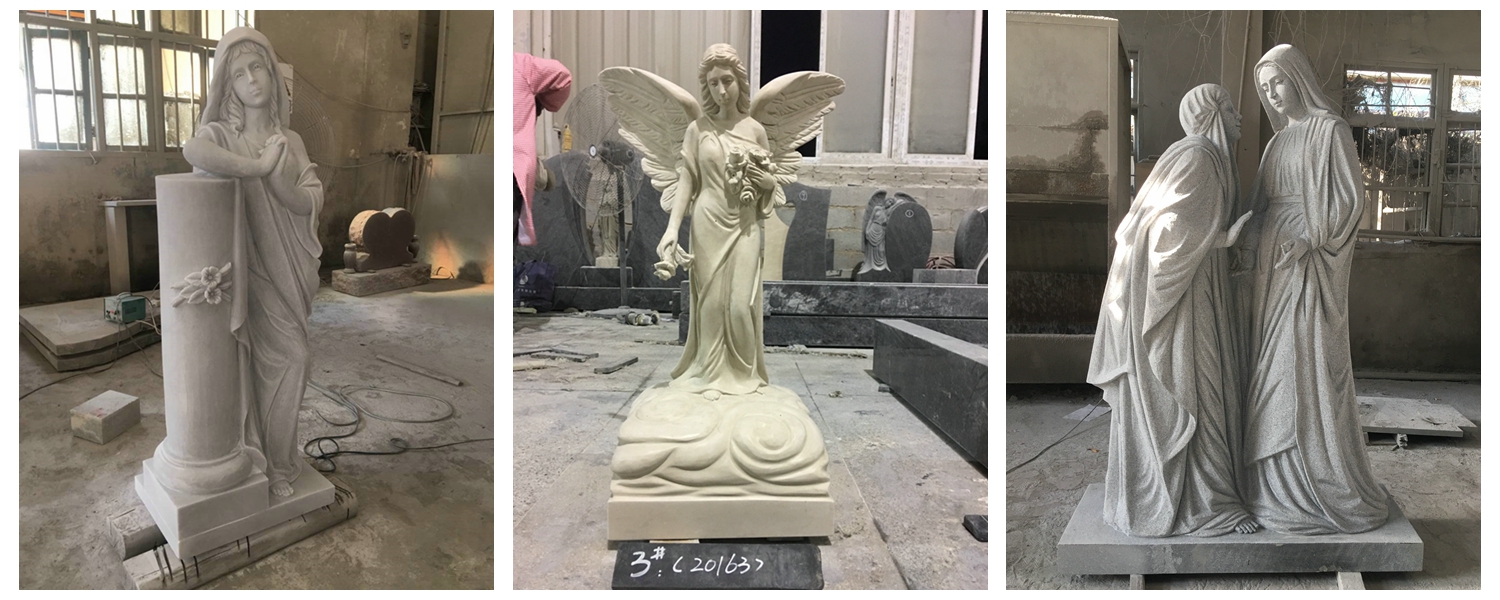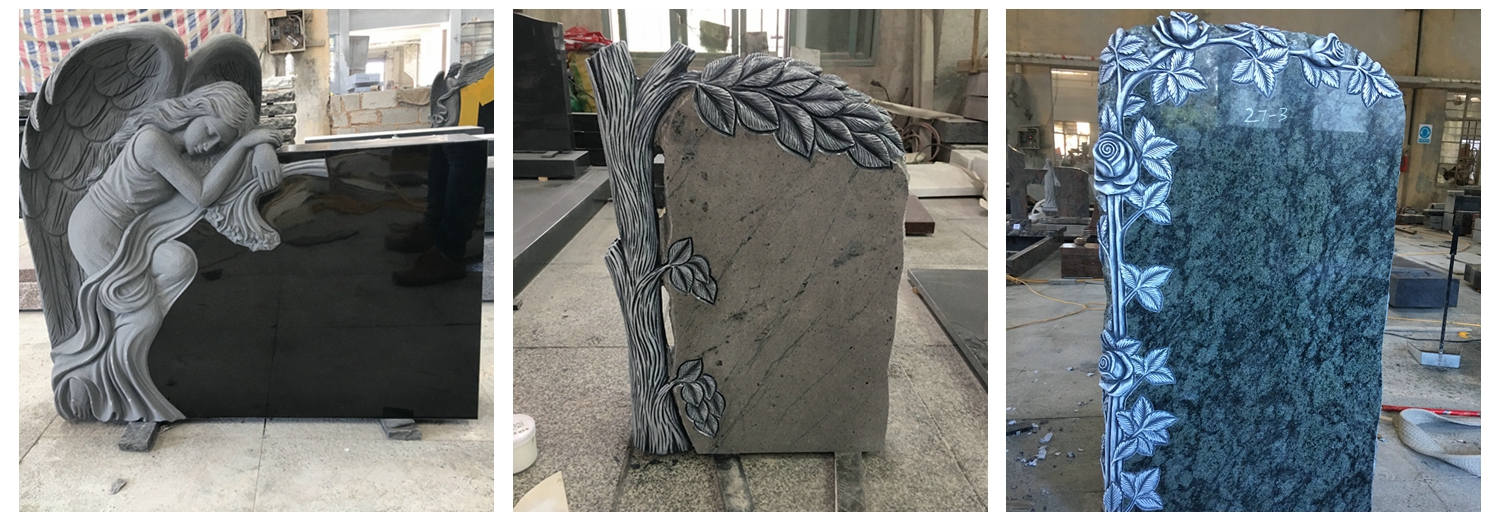Products
Haobo News
2013-03-18How to tell your developers We have all heard it before: the often-asked question of stone or no stone. Why should I build with natural stone, ask developers and architects. Tell them! You will find the right arguments below: 1 Natural stone fascinates Natural stone is a natural product, whose individual properties are determined by the type and bonding of the minerals comprising the natural stone. Natural stone holds an outstanding position among all building materials: components of natural stone are unique specimens, which can be combined with each other and with many other materials. Natural stone is no uniform industrial product, but shows the history of its origins. 2 Natural stone is ecological Natural stone as a building material is found naturally in virtually finished form. No energy is needed for its actual manufacture. Energy is only consumed for quarrying and processing, but the share is small compared with other building materials. The stone is extracted mostly from relatively small quarries without major blasting operations. The unused stone waste can be used directly for filling in the parts of the quarry where stone has been extracted. Nothing is lost in the complete cycle of natural stone quarrying, processing and returning to nature. 3 Natural stone is environmentally compatible As a natural building material natural stone contains no pollutants that are damaging to the health. Natural stone can be used safely in food areas. It is incombustible and is a class A building material to DIN 4102. Natural stone also releases no substances that are hazardous to health in case of fire. Natural stone also requires no auxiliary chemical substances such as protective coatings, impregnating agents or coatings before it can be used as a building material. 4 Natural stone is varied No other building material has as many different colours and structures as natural stone. Various surface finishing processes make this variety virtually unlimited. Developers and architects therefore have a broad spectrum of choice, which allows matching to any desired appearance or ambience. Natural stones are often chosen for their good visual and technical qualities. Natural stone is available in a variety of different colours, structures and textures. A suitable natural stone is available for virtually any requirement imposed on a building material. 5 Natural stone is individual Natural stones are quarried in large blocks and cut to the desired size in the natural stone companies. The size of the natural stone slabs is limited only by the size of the rough blocks and not by standard dimensions specified by production. The sizes can be adapted individually to meet planning requirements. Any desired shape can be provided, not only square or rectangular slabs. Modern processing machines allow inlay work in natural stone. The variety of the stones and the individual processing and design possibilities constitute the uniqueness of the building material. 6 Natural stone ages well Whereas many building materials become unsightly in the course of the years, natural stone retains a natural patina, which is not detrimental to the beauty of the natural stone. Many natural stones are like good wine: They only attain their full elegance with advancing years. Natural stone can also be cleaned easily and cheaply. Even centuries-old floor coverings of natural stone can be ground and restored to their original condition. The lifetime of natural stone is extremely long. With the right planning and construction, buildings of natural stone have been known to survive for many thousands of years. 7 Natural stone is three-dimensional Any desired solid stones can be produced as well as slab sizes. Interesting light and shade effects can be created by milling grooves and flutings in the stone surfaces. Such processed slabs radiate strength and solidity when mounted on a facade. Solid components like mouldings, frames and pillars permit an aesthetic structure. 8 Natural stone is attractively priced If the total costs of a building material are considered over a useful life of 30 years or more, independent investigations show that natural stone is no more expensive than comparable synthetic building materials. The relatively high investment costs are offset by the low long-term maintenance costs and long life. The cost of cleaning and maintenance of natural stone is low. 9 Natural stone is physically practical Natural stone has very good thermal conductivity and a large heat storage capacity. Natural stone as facade material absorbs the heat radiated by the sun and prevents unwanted heating up of the building. Tests show an energy requirement of 100?C150 kWh/m² for multi-storey buildings with stone facades, in contrast to an energy requirement of 300?C700 kWh/m² for the necessary heating and cooling of glass facades. 10 Natural stone is durable The high pressure resistance values of many natural stones have given the material a reputation of being an everlasting building material. Only the so-called stainless steels, which are costly in production, achieve the durability of natural stones. Natural stone is also the most durable material with the lowest abrasion values for floor coverings. Coverings of granite or similar hard stones show hardly any signs of wear even after decades of use.










